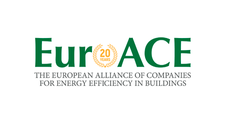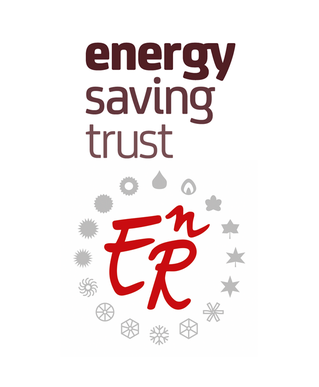Search eceee proceedings
Smart community energy schemes: a case study-based model
Panel: 5. Smart and sustainable communities
This is a peer-reviewed paper.
Author:
J Richard Snape, Institute of Energy and Sustainable Development, United Kingdom
Abstract
Smart energy usage forms a key component of sustainable, smart future infrastructure. The urgency of incentivising energy transitions to low and zero carbon system grows ever greater and European policymakers and academics alike are recognising the need to accelerate transitions to clean energy systems, within which community energy schemes have a potentially large role to play.
With an approach grounded in case studies in the UK, potential for both energy saving and demand flexibility through local schemes allowing within-community usage of local renewable energy sources is explored. The analysis makes use of empirical results from a pioneering 50 household study of a community using realtime data on local generation availability in combination with a time of use tariff to influence use of PV resources installed on rooves of scheme participants within that community. PV assets were owned by individuals rather than collectively, however both owners and non-owners benefitted from a scheme incentivising smart usage of locally generated renewable electricity within that community.
An issue for community energy schemes is understanding how they might be scaled up, either by mass replication of very small schemes, likely to be highly diverse and administratively burdensome, or via a smaller number of larger schemes, which may lose the essence of community that works at smaller scale. In addition, schemes exist in the context of differing and evolving technology ownership, for example with increasing EV ownership and changing modes of heating and cooling via use of heat pumps and building fabric changes. An approach to understanding the interactions between technology, economics, community members and policy via agent-based modelling is presented in this paper and illustrated using the case study. The paper demonstrates the utility of the agent-based approach when investigating replicability and scale-up in a necessarily complex environment and presents early findings on potential for community energy schemes to proliferate.
Downloads
Download this paper as pdf: 5-354-19_Snape.pdf
Download display as pdf: 5-354-19_Snape_display.pdf
Panels of
1. The dynamics of limiting (energy) consumption
2. What's next in energy policy?
4. Monitoring and evaluation for greater impact
5. Smart and sustainable communities
7. Make buildings policies great again
8. Buildings: technologies and systems beyond energy efficiency
9. Improving energy efficiency in ICT, appliances and products

























